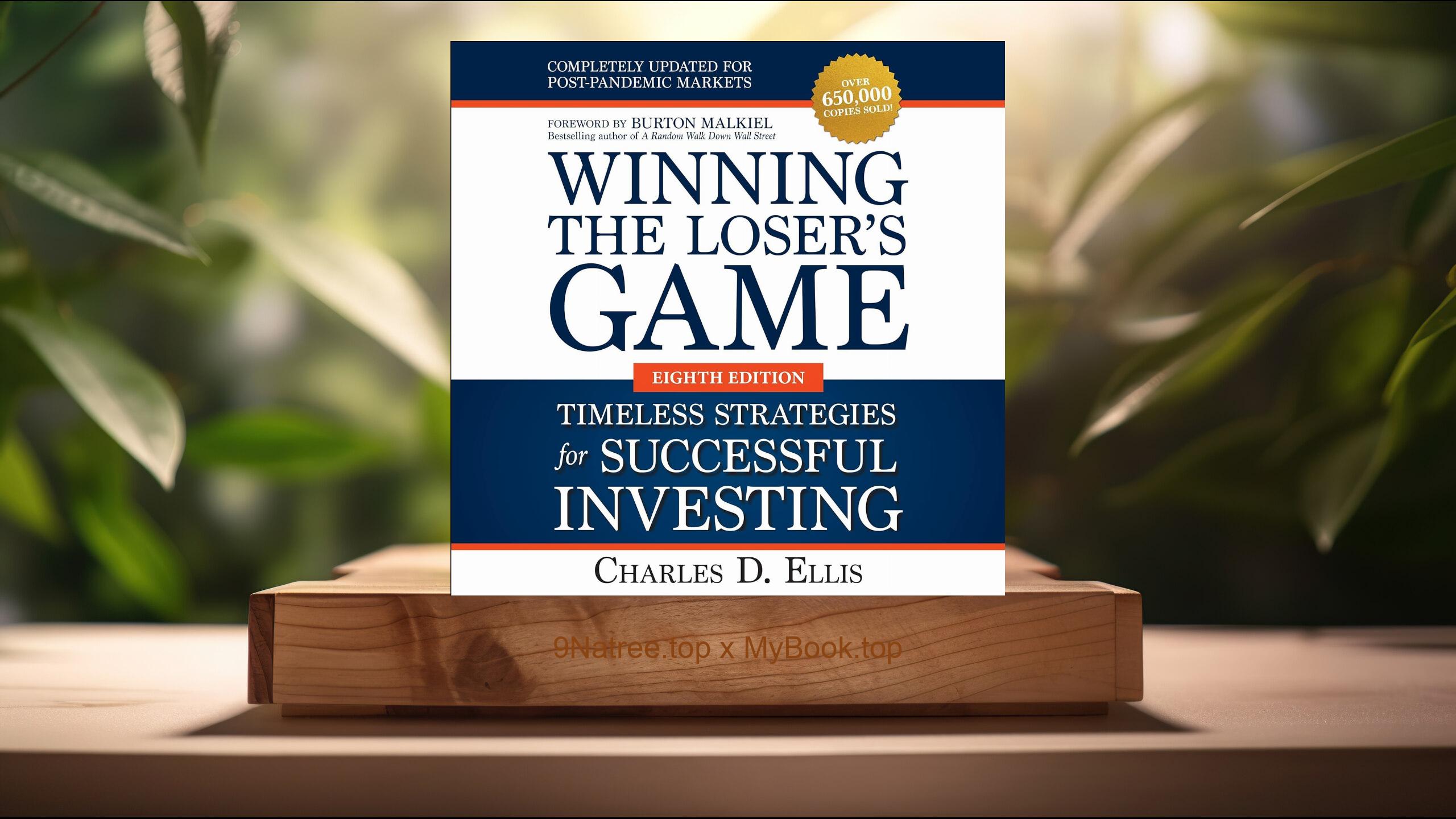Show Notes
- Amazon US Store: https://www.amazon.com/dp/B07775D5N2?tag=9natree-20
- Amazon Worldwide Store: https://global.buys.trade/Well-Doc-It-Seemed-Like-a-Good-Idea-At-The-Time-J-Paul-Waymack.html
- eBay: https://www.ebay.com/sch/i.html?_nkw=Well+Doc+It+Seemed+Like+a+Good+Idea+At+The+Time+J+Paul+Waymack+&mkcid=1&mkrid=711-53200-19255-0&siteid=0&campid=5339060787&customid=9natree&toolid=10001&mkevt=1
- Read more: https://mybook.top/read/B07775D5N2/
#Traumasurgery #Medicaldecisionmaking #Healthcareethics #Innovationsinmedicine #Patientcarenarratives #Resilienceinhealthcare #Surgicaleducation #WellDocItSeemedLikeaGoodIdeaAtTheTime
These are takeaways from this book.
Firstly, The Life of a Trauma Surgeon, Trauma surgery is an intensely demanding field, requiring practitioners to make split-second decisions that can mean the difference between life and death. 'Well, Doc, It Seemed Like a Good Idea At The Time!' delves deeply into the personal and professional life of a trauma surgeon, presenting readers with a realistic portrayal of the challenges and pressures faced in emergency medical situations. The author discusses the rigorous training and mental fortitude required to succeed in this high-stress environment. He provides an insider’s perspective on the daily routines, unpredictable emergencies, and the seamless teamwork necessary among medical professionals in a trauma center. Through various anecdotes, Waymack illustrates the critical thinking, adaptability, and resilience required to navigate complex medical scenarios, emphasizing the emotional and psychological toll on surgeons. The topic underscores the dedication and passion necessary to persevere in a field where the stakes are always high and the outcomes profoundly impact human lives.
Secondly, Decision Making under Pressure, One of the central themes of the book is the critical aspect of decision-making under extreme pressure, a routine yet crucial part of a trauma surgeon's job. J. Paul Waymack shares numerous instances where rapid judgment calls had to be made, illuminating the process and rationale behind these decisions. His stories demonstrate not only the medical knowledge required but also the importance of intuition, experience, and the ability to remain calm under duress. The book explores the concept of 'damage control surgery,' a strategy employed in the most dire situations to stabilize patients for future interventions. Waymack’s recounting of these moments showcases the blend of science, art, and the human element in surgical decision-making. This discussion serves as a valuable lesson on the importance of decisiveness, prioritization, and the management of limited resources in emergency care, offering insights that extend beyond medicine to any high-pressure decision-making scenario.
Thirdly, The Human Element in Medicine, J. Paul Waymack’s book shines a bright light on the human element inherent in the practice of trauma surgery. It uncovers the emotional journeys not only of the patients and their families but also of the medical professionals who care for them. Waymack shares heartfelt stories of recovery, loss, and the sometimes fragile connection between patient and physician. These narratives serve to remind readers of the vulnerability, strength, and resilience of the human spirit. The author discusses the psychological impact of traumatic injuries on patients and the importance of empathy, compassion, and communication skills in providing care. Additionally, Waymack addresses the emotional self-care of healthcare professionals, highlighting the importance of dealing with stress, coping with the aftermath of difficult cases, and the risk of burnout. This topic emphasizes the balance medical practitioners must maintain between professional detachment and compassion, ensuring they provide the best care while also taking care of their well-being.
Fourthly, Innovations and Challenges in Trauma Surgery, The book provides a glimpse into the evolutionary developments and challenges in the field of trauma surgery. Waymack discusses technological advances, from new surgical techniques to the integration of robotics and digital health technologies in patient care. He elaborates on how these innovations have revolutionized treatment options, improved outcomes, and presented new challenges, including the need for continuous learning and adaptation among medical professionals. The topic explores the importance of research, clinical trials, and evidence-based practice in advancing the field and improving patient care. Waymack underscores the challenges of maintaining a balance between advancing medical technology and ensuring equitable access to care. This theme highlights the dynamic nature of the medical field, where ongoing innovation requires surgeons to be not only skilled practitioners but also lifelong learners.
Lastly, Ethics and the Moral Dilemmas of Trauma Care, Ethics play a crucial role in the practice of trauma surgery, a theme J. Paul Waymack examines through various ethical dilemmas and moral questions facing medical professionals. The book discusses scenarios involving end-of-life decisions, informed consent in emergency situations, and the allocation of scarce resources. Waymack provides insights into the complex process of ethical decision-making in a high-pressure environment, where the values of autonomy, beneficence, nonmaleficence, and justice must be weighed and balanced. The author encourages readers to reflect on the profound responsibility of making life-and-death decisions and the ethical considerations that guide these choices. This topic delves into the importance of ethics committees, the development of ethical guidelines in trauma care, and the role of personal values and professional ethics in shaping the decisions that trauma surgeons and healthcare teams face.
![[Review] Well, Doc, It Seemed Like a Good Idea At The Time! (J. Paul Waymack) Summarized](https://episodes.castos.com/660078c6833215-59505987/images/1826371/c1a-085k3-gp26pw15sm3g-q3f1sm.jpg)




